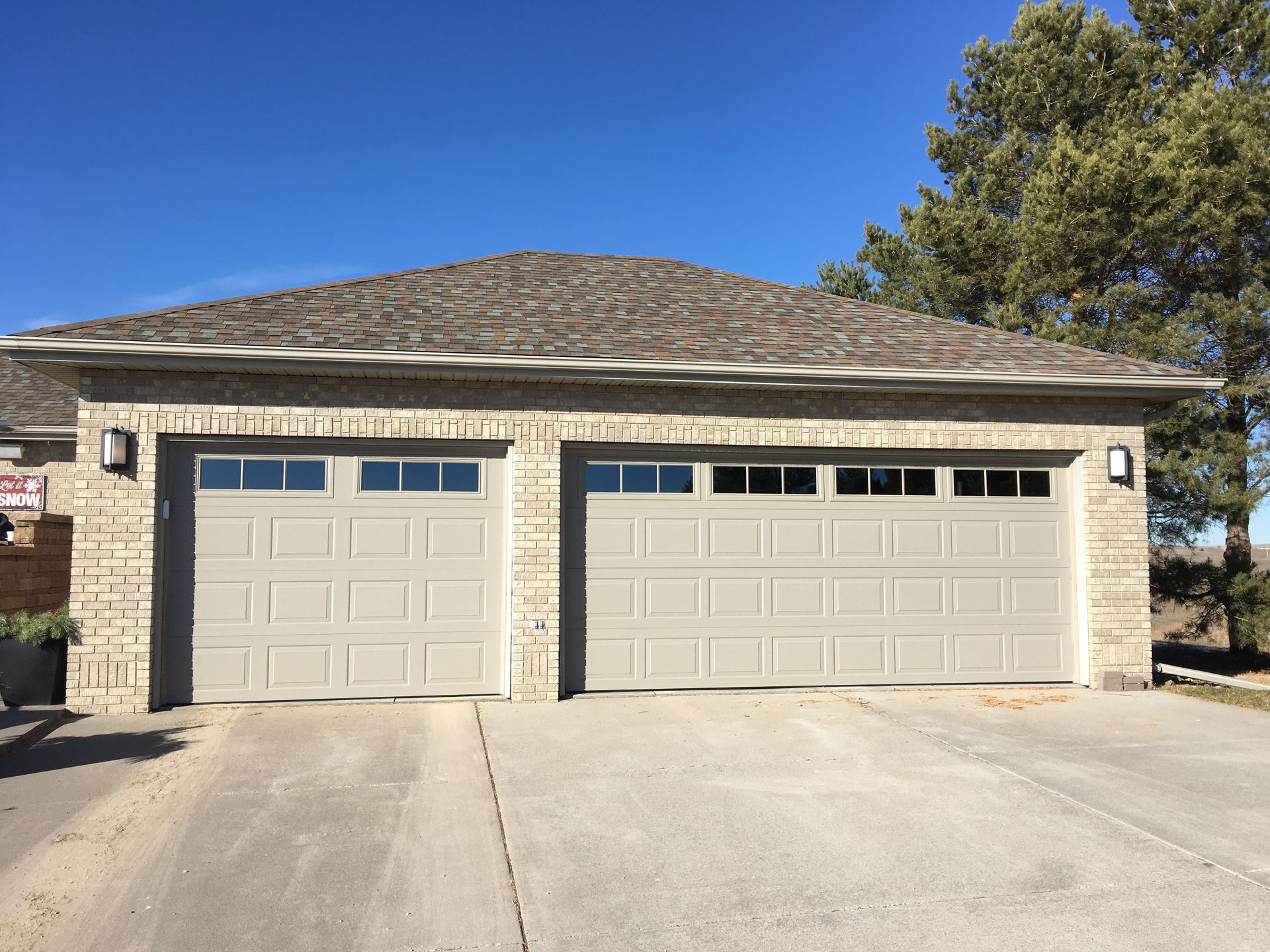Often overlooked, roof insulation plays a key role in enhancing your home’s energy efficiency. Learn how it improves roof performance, reduces energy bills, and boosts indoor comfort.
The Connection Between Insulation and Roof Effectiveness
Roof insulation is vital for your home’s temperature regulation. It prevents heat from escaping in the winter and keeps your home cool during summer, enhancing comfort and energy efficiency.
Insulation’s Role in Reducing Heating and Cooling Costs
Inadequate insulation forces heating and cooling systems to overwork, driving up your energy bills. Upgrading your roof insulation helps retain temperature, reduce energy costs, and lower your carbon footprint.
Top Tips for Improving Roof Insulation
- Check the R-Value: Opt for a higher R-value to boost insulation performance. Select the appropriate R-value depending on your climate zone.
- Upgrade to Reflective Insulation: Consider upgrading to reflective insulation to reduce heat absorption and improve energy efficiency in hotter climates.
- Seal Air Leaks: Make sure to seal any air leaks around vents, skylights, and chimneys to stop warm or cool air from escaping.
- Don’t Forget the Attic: Heat rises, so attic insulation is crucial to preventing energy loss. Make sure your attic is properly insulated.

How Weathercraft Ensures Maximum Roof Insulation Efficiency
At Weathercraft, we recommend using high-quality, eco-friendly insulation materials that provide long-lasting performance. Our experts will assess your home’s specific needs and recommend the best insulation solutions to maximize energy efficiency while staying within your budget.